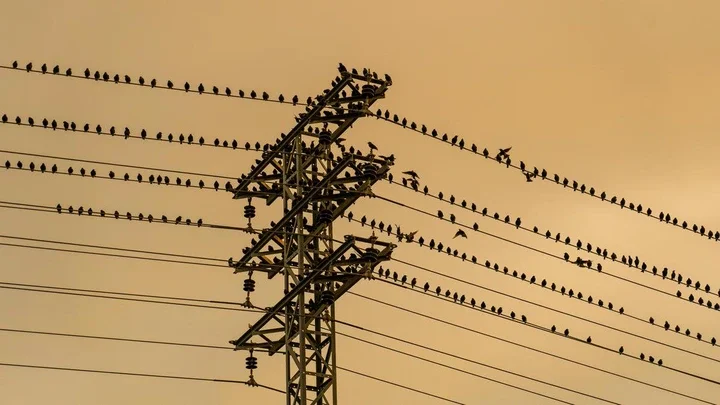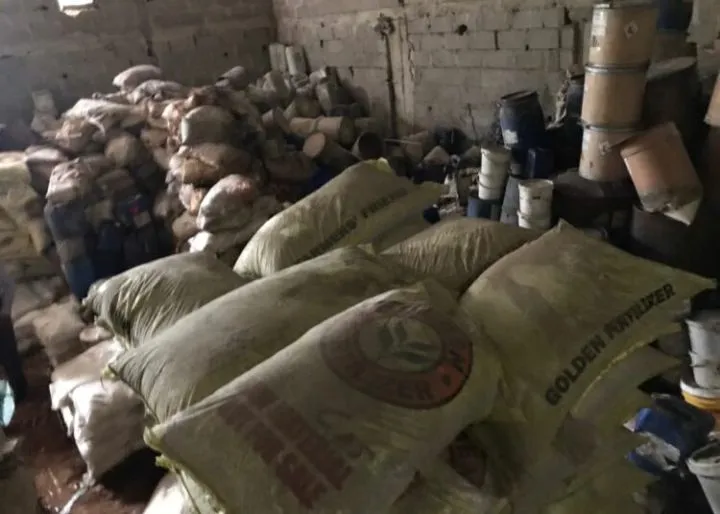![Lopburi in Thailand is overrun by monkeys [Getty] Lopburi in Thailand is overrun by monkeys [Getty]](https://static.netnaija.com/i/5PKDo2EyNnM.webp)
Macaques, which have been living on the streets of Lopburi for years, have become both a symbol of local culture and the city's main tourist attraction.
However, after many years of dangerous interactions with people and several failed attempts at population control, the patience of the local community and entrepreneurs is coming to an end.
These small primates have become not only a nuisance, but also dangerous. Their aggressive attempts to grab food from people's hands often lead to conflicts that result in scratches and other injuries.
In March this year, public outrage came to a head when a woman dislocated her knee after a monkey knocked her off her feet while trying to get food. Another man suffered injuries when he was knocked off his motorcycle by a hungry animal.
In response to these incidents, the Thai authorities decided to take drastic measures. They plan to resettle approximately 2,500 city monkeys to specially prepared enclosures. To do this, they will work with wildlife experts to find a way to control monkey populations in the wild.
Athapol Charoenshunsa, director general of the Department of National Parks for Nature and Plant Conservation, expressed hope during a press conference in Bangkok that such action would avoid further conflicts. "I don't want people to have to hurt monkeys and I don't want monkeys to have to hurt people."
An official monkey catching operation began this week, focusing primarily on the more aggressive alpha males. More than 30 monkeys have been captured so far, most of which were taken into the care of wildlife authorities in neighboring Saraburi province and others were sent to Lopburi Zoo.
Some residents and tourists blame themselves for the monkey problem. They claim that it was their feeding of animals that attracted them to the city, increased their numbers and accustomed them to obtaining food from humans. However, not everyone agrees with this theory. Some argue that earlier efforts to restrict feeding may have made the situation worse.
Macaques are classified as a protected species under Thai wildlife law. Therefore, any action against them must be carried out with full respect for their rights.
















Comments